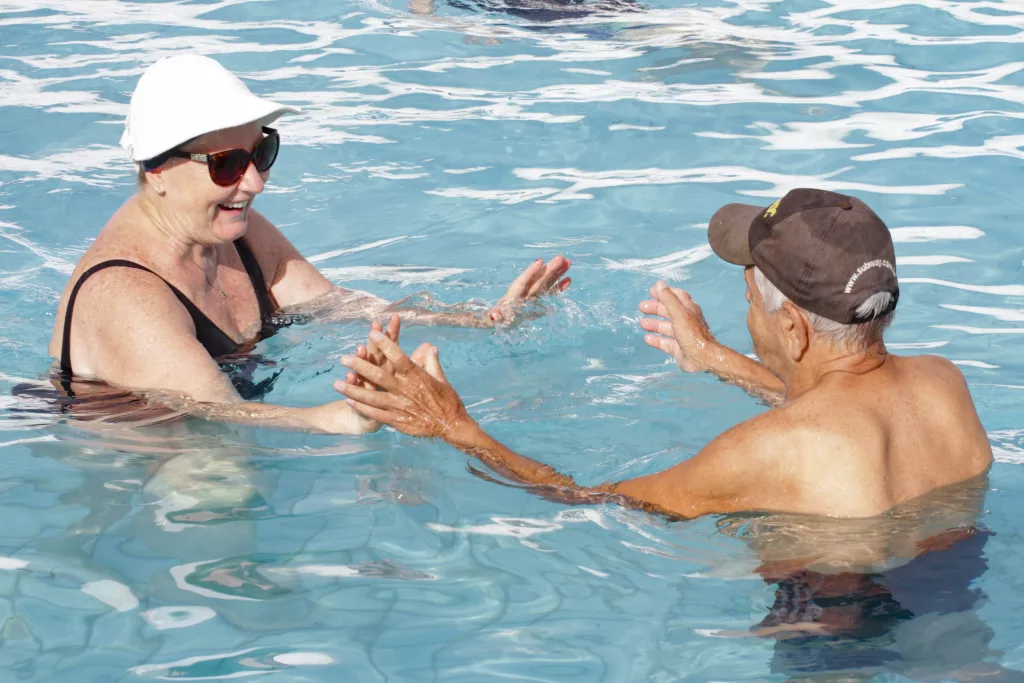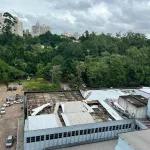

The 2022 mortality table revealed a significant decline in the average life expectancy of Brazilians, going from 76.2 years in 2019 to 72.8 years in 2021.
This decrease is due to an increase in deaths related to the Covid-19 pandemic. Then the value changed, and the newborn, in 2022, is expected to live up to 75.5 years, reaching 72 years for men and 79 years for women. These statistics highlight the need to promote active and healthy aging among the population.
According to Gustavo Fiel, a doctor specializing in human longevity and nutrition, one of the basic pillars for achieving this goal is to pay attention to adequate hydration in old age.


“Hydration is associated with a balanced diet and regular physical activity, and plays an important role in the physical and emotional health of older adults,” he says.
It also highlights the importance of this tripod for active ageing, where adequate hydration is often underestimated, but plays a crucial role in maintaining health into old age.
In addition to following a balanced diet, rich in essential nutrients, and practicing regular physical activity, it contributes to the prevention of various diseases associated with aging.
“Keeping the body hydrated is essential to ensure the proper functioning of the body, especially at advanced ages, where dehydration can lead to major health complications,” he explains.
For the doctor, adequate hydration helps maintain kidney health, regulate body temperature, and lubricate joints, which are the elements of care for active, comfortable aging.
“In addition to hydration, it is necessary to adopt a balanced diet, adapted to the specific nutritional needs of older people,” he highlights
This is because the combination of nutrients such as vitamins, minerals and antioxidants strengthens the immune system and contributes to maintaining cognitive health.
Physical activity
Regular physical activity, adapted to individual circumstances, is another essential pillar of active ageing.
Not only does exercise improve cardiovascular and muscle health, it also has positive effects on emotional health, reducing the risk of depression and anxiety.
For personal support in this process, consultation with a nutritionist becomes valuable. This professional is able to develop specific eating plans, taking into account individual needs, promoting active and healthy aging.
“An investment in quality of life in old age is an investment in well-being and independence. By adopting an integrated approach focusing on hydration, a balanced diet, physical activity and nutritional support, it is possible to enjoy active and full ageing,” he concludes.

“Friendly zombie guru. Avid pop culture scholar. Freelance travel geek. Wannabe troublemaker. Coffee specialist.”






